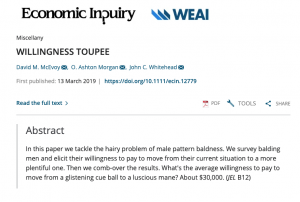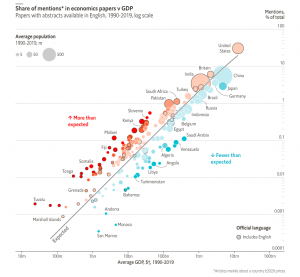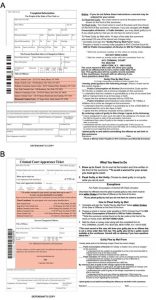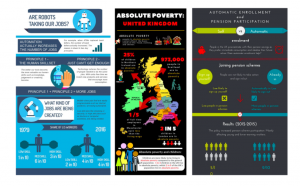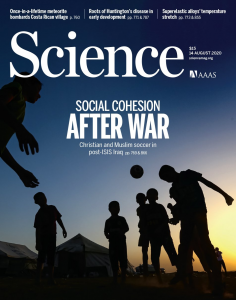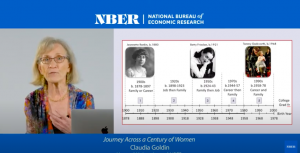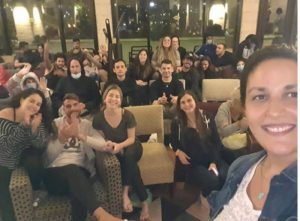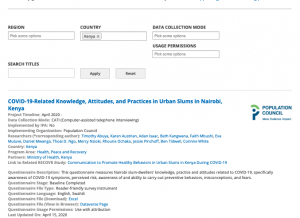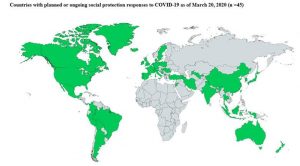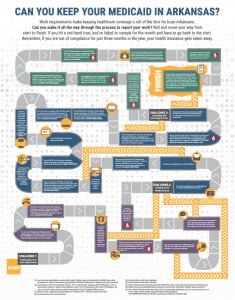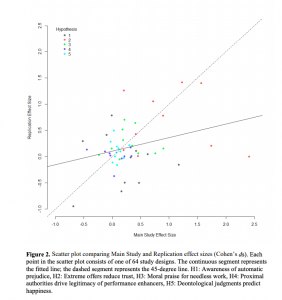Guest post by Jeff Mosenkis of Innovations for Poverty Action.
A quick note, my posting frequency has slowed down in 2021, thanks for sticking with it. One reason has been that I’ve been co-authoring another set of links with my brilliant IPA colleagues, Luciana Debenedetti & Rachel Strohm, every other week focused on new research on COVID and social protection (this week’s is here). Among other, I think I also hit what I now realize was a quarantine burnout. If it’s helpful to anybody else, this article which colleagues shared with me helped me realize it was widespread phenomenon, and this one from Wharton’s Adam Grant, had some suggestions for combating it. In any case, I’ll be continuing with the links (even if at a slightly slower pace sometimes), and thanks for reading!
I haven’t
Read More »
